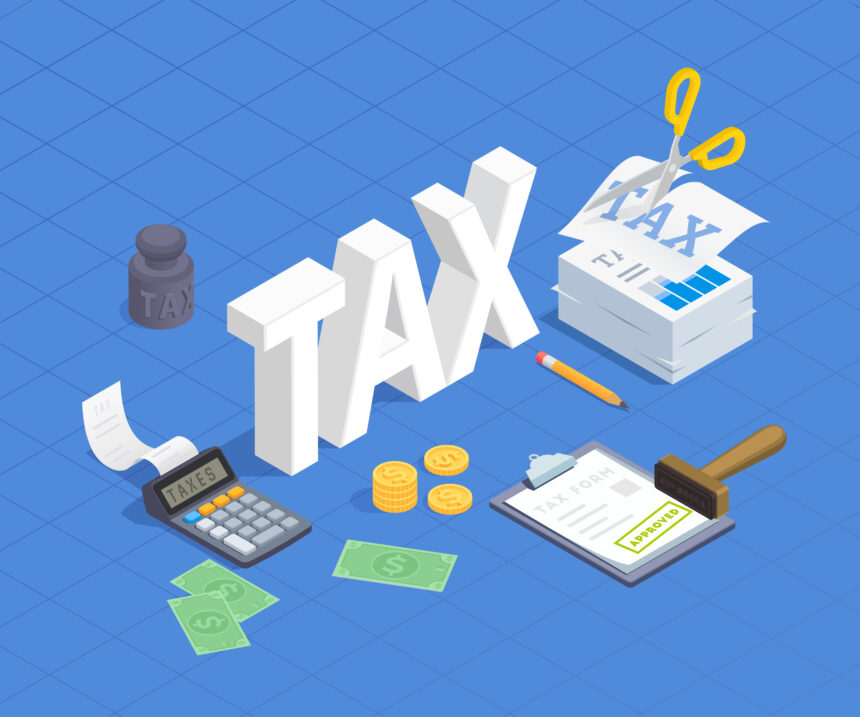Stokvels, informal savings clubs or investment groups, are a popular financial mechanism in South Africa. They provide a way for individuals to pool their resources and achieve common financial goals. Stokvels can be used for various purposes, including investments. However, like any investment, it is essential to understand the tax implications and considerations associated with stokvel investments. This article aims to shed light on the tax aspects that stokvel participants need to be aware of in South Africa.
- Classification of Stokvels: Stokvels are not recognized as separate legal entities for tax purposes. Instead, they are considered as groups of individuals who contribute to a common pool of funds. The tax treatment of stokvels depends on their activities and the specific investment strategies employed.
- Taxation of Stokvel Income: Stokvels may generate income from various sources, such as interest, dividends, rental income, or capital gains. The tax treatment of this income depends on whether the stokvel is regarded as a “public benefit organization” or an “investment club.”a. Public Benefit Organizations (PBOs): If the stokvel is established for the public benefit and operates within the prescribed rules, it may qualify as a PBO. In such cases, the stokvel’s income may be exempt from income tax, provided it meets the requirements set out in the Income Tax Act.b. Investment Clubs: Stokvels that do not meet the criteria to be classified as PBOs are generally considered investment clubs. Income generated by investment clubs is taxable, and the club is required to register as a taxpayer with the South African Revenue Service (SARS).
- Taxation of Individual Stokvel Participants: Individual stokvel members need to consider the tax implications of their participation, especially when receiving income distributions or when disposing of their stokvel investment.a. Income Distributions: When stokvel members receive income distributions, such as interest or dividends, they are required to declare this income in their individual tax returns. The income is then subject to income tax based on the individual’s tax bracket.b. Capital Gains Tax (CGT): If a stokvel member sells their share or withdraws their investment from the stokvel, any capital gains realized may be subject to CGT. The individual will need to calculate the capital gain or loss and include it in their tax return. It is important to note that certain exemptions and allowances may apply to reduce the CGT liability.
- Record Keeping and Documentation: Maintaining accurate records is crucial for stokvels and their members. The records should include details of contributions, income earned, expenses incurred, and distributions made. These records are essential for tax purposes, ensuring compliance with tax regulations, and facilitating the preparation of tax returns.
- Professional Advice: Navigating the complexities of tax regulations can be challenging, especially when it comes to investments. It is advisable for stokvels and individual members to seek professional advice from tax consultants or financial advisors who specialize in stokvel taxation. They can provide guidance on compliance, tax planning, and optimizing tax benefits.
Conclusion: Stokvel investments can provide individuals with an opportunity to pool their resources and achieve financial goals. However, it is essential to understand the tax implications and considerations associated with stokvel investments in South Africa. By familiarizing themselves with the tax rules, seeking professional advice, and maintaining proper records, stokvel participants can ensure compliance with tax regulations while maximizing their financial benefits.










